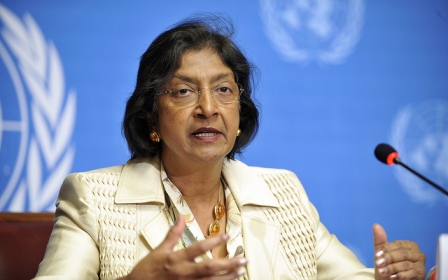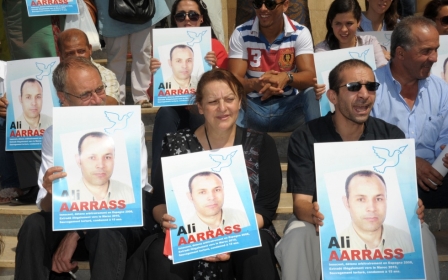Casablanca buildings collapse, toll rises to 8

The death toll from the collapse of three buildings in Casablanca, Morocco's largest city, has risen to eight, local officials said Saturday.
Another 17 people were still in hospital after having been rescued from the rubble, said the officials, quoted by MAP news agency.
The initial death toll was given as four, and it was not clear if the latest fatalities were people who died in hospital or were found in the rubble.
The three apartment blocks in El-Hank district collapsed before dawn on Friday.
Firemen rescued at least 55 people, including six children, and a search for a dozen missing residents continued during the afternoon.
King Mohamed VI, who happened to be in the city Friday, visited the scene and the injured in hospital.
A palace statement said local authorities had been instructed to find temporary accommodation for those affected.
The immediate cause of the accident was not known.
But residents told AFP said it probably resulted from "haphazard works" on the lower floors of the buildings, as well as a general lack of maintenance that is common in the area.
Casablanca, Morocco's economic capital, has a population of around five million.
Many of its inhabitants live in squalid conditions in sprawling slums, and people living in some of the older apartment blocks are exposed to serious safety hazards.
Two people died at the end of 2012 when a building came down after bad weather.
The housing minister said at the time that between 4,000 and 7,000 buildings in the city were at risk of collapse.
New MEE newsletter: Jerusalem Dispatch
Sign up to get the latest insights and analysis on Israel-Palestine, alongside Turkey Unpacked and other MEE newsletters
Middle East Eye delivers independent and unrivalled coverage and analysis of the Middle East, North Africa and beyond. To learn more about republishing this content and the associated fees, please fill out this form. More about MEE can be found here.




